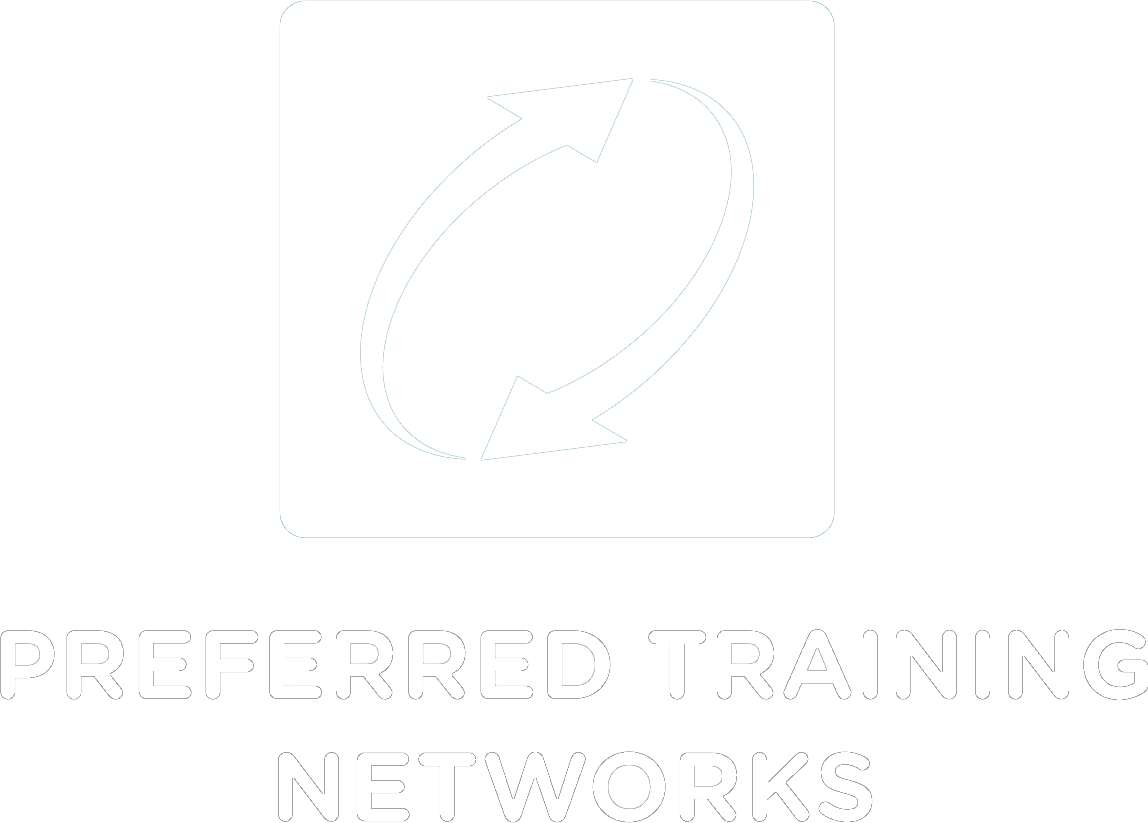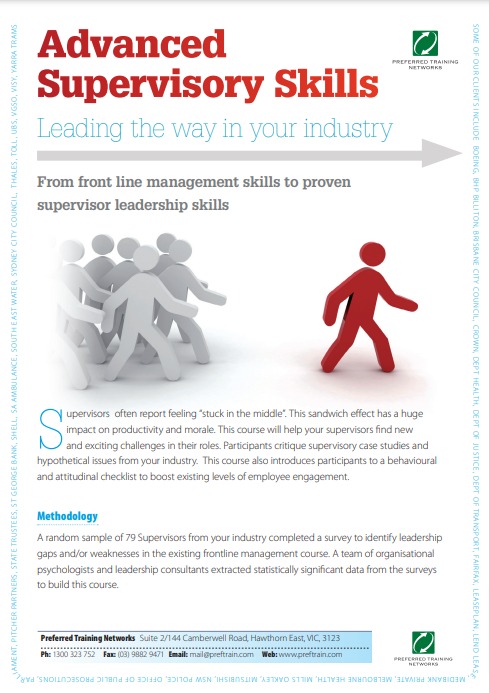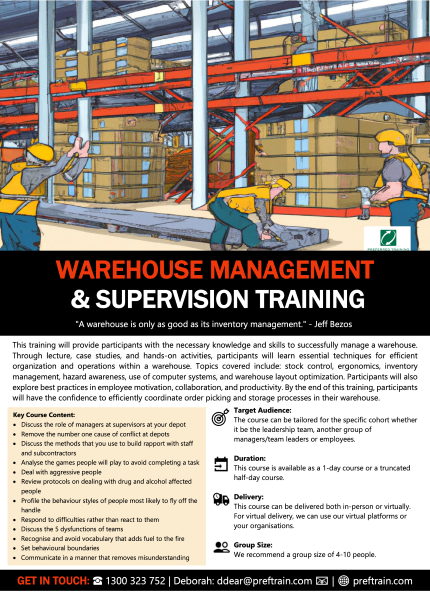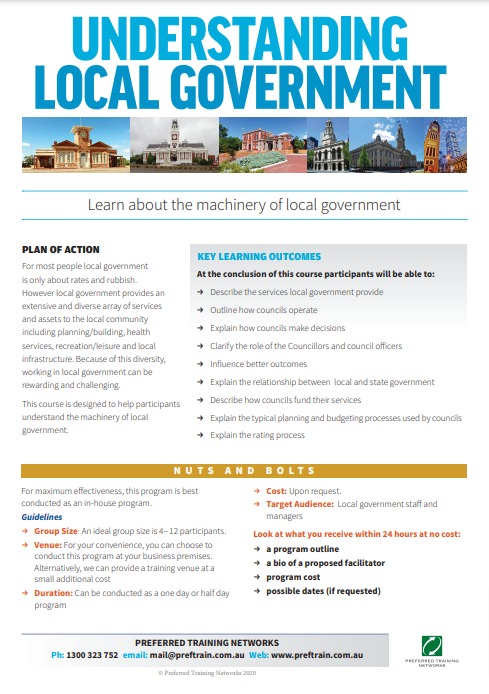Australia-wide training courses and workshops
At Preferred Training Networks, we provide both in-person and online training programs for a wide range of organisations across Australia. Our Advanced Supervisors Training Course is run by experienced, qualified experts and tailored to the needs of your business and your employees. Our leadership and management education courses are designed to help your team thrive and develop valuable skills that can transform your workplace.
With programs available in Sydney, Canberra, Melbourne, Perth, Adelaide, Brisbane and other areas of Australia, we’re able to help businesses across the country create lasting behavioural change and provide them with the tools they need to reach new heights. If you think your business would benefit from Advanced Supervisors Training Course and the help of our professional coaching network, take the first step and contact our team today. Wherever you are in Australia, our coaching program can either come to your organisation or we organise a venue for your convenience. Find out what our training, workshops and skills courses can do for your business and reap the benefits for years to come.
Get your free online quote right now or give us a call on 1300 323 752 to find out more about Preferred Training Networks and discuss your requirements with us.








